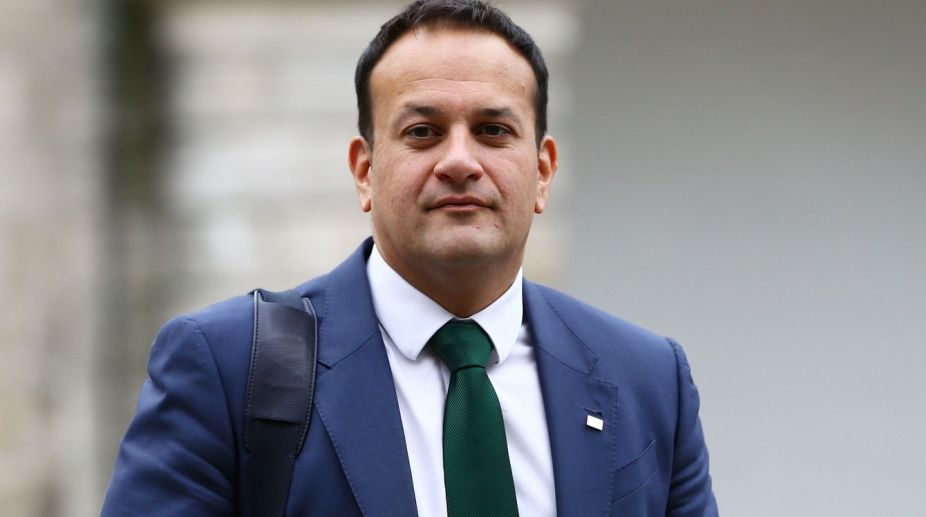Zimbabwe to host Ireland for a multi-format series in February
Zimbabwe Cricket has announced a seven-match, all-format series against Ireland, set to take place in February 2025.

Irish Prime Minister Leo Varadkar (Photo: Twitter)
The Irish government has agreed to hold a referendum in May to relax the country’s strict abortion laws, 35 years after the Catholic-majority country enshrined abortion as a crime in its Constitution.
The country’s Indian-origin Prime Minister Leo Varadkar in his first public comments on the issue said that he will campaign for abortion laws to be liberalized and the vote will be held in late May, CNN reported.
Advertisement
Currently abortion is only allowed in Ireland when a woman’s life is at risk but not in cases of rape, incest or fatal foetal abnormality.
Advertisement
Varadkar said he would advocate a “yes” vote to repeal the eighth amendment of the Irish Constitution which gives equal right to life of the mother and the unborn child.
“We already have abortion — unsafe, unregulated, unlawful. We cannot continue to export our problem and import our solution.
“I know this will be a difficult decision for the Irish people to make. For most of us, it is not a black-and-white issue — it is very grey,” Varadkar said.
Before the vote, the Health Minister will draft a legislation proposing unrestricted abortion access be made available to women up to 12 weeks and in exceptional circumstances after.
An exact date for the referendum will be decided after it is debated in the Irish Parliament.
The National Women’s Council of Ireland welcomed the announcement.
“Every pregnancy is different, every decision is deeply personal. Women and girls in Ireland deserve their dignity. They deserve the right to privacy, family and home,” said the group’s Director Orla O’Connor.
The Pro Life Campaign called the government’s announcement “as bad as anyone could have envisaged: the removal of legal protection from unborn babies and providing for abortion on demand”.
Varadkar, the youngest and first openly gay Prime Minister in Ireland, came to power in June last year. He pledged to hold the referendum following the non-binding recommendations of a Citizen’s Assembly.
The group heard harrowing testimony from scores of Irish women and received more than 13,000 individual submissions.
A campaign to liberalise abortion gathered momentum in 2012 after Indian woman Savita Halappanavar died in a Galway hospital after she was refused an abortion during a miscarriage.
The following year, legislation was passed to legalize abortion when doctors deem that a woman’s life is at risk due to medical complications or at risk of taking her life.
Twenty years before Halappanavar’s death, a 14-year-old rape victim was initially prevented from travelling to England to terminate her pregnancy.
The 1992 ban on travel was later overturned by the Irish Supreme Court.
Advertisement